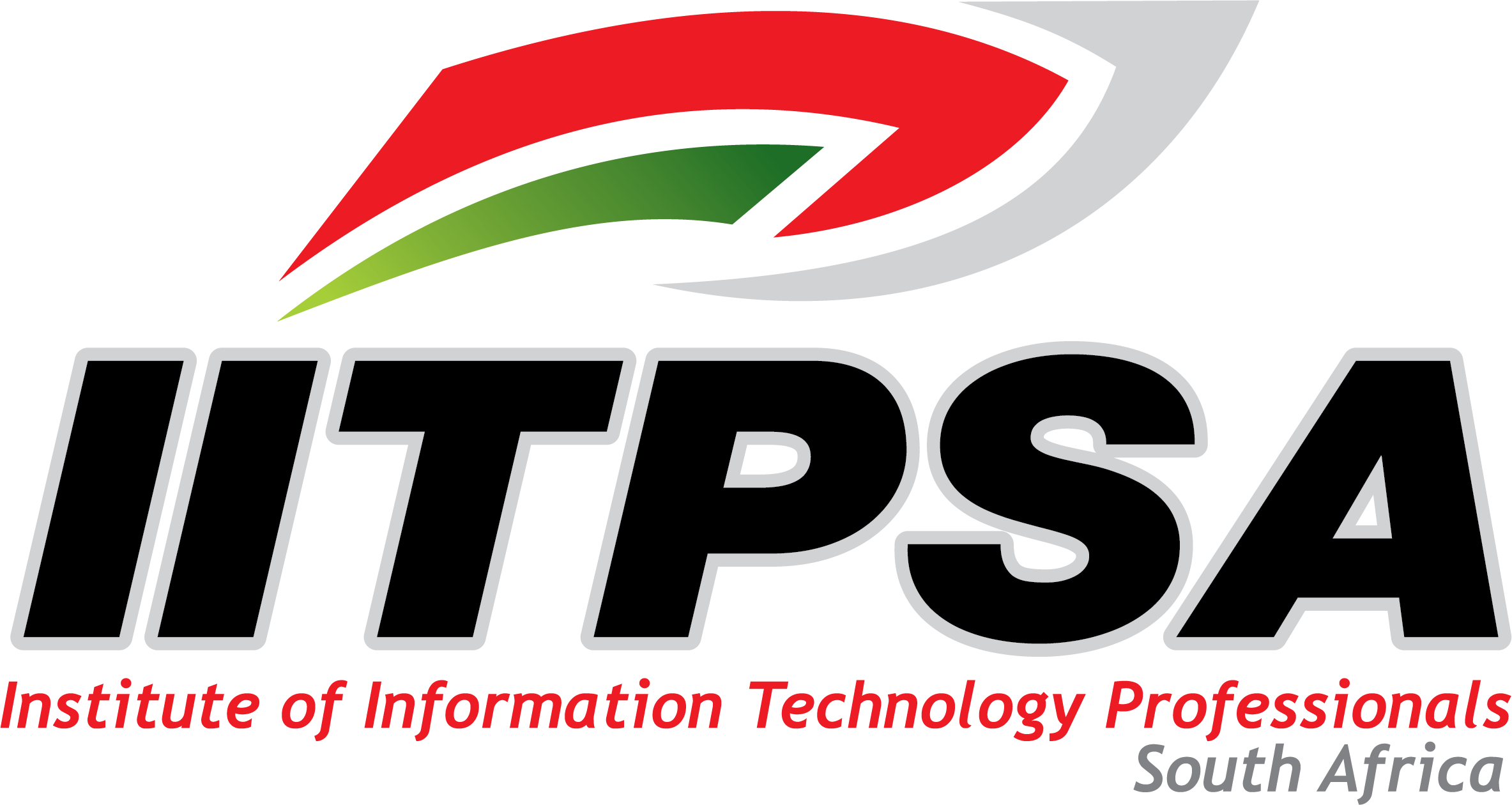By Rabelani Dagada
During the last few decades, China embarked on massive state capitalism. This has resulted in rapid economic development and a reduction in poverty. China’s strategy has been to drive economic development through the accumulation of substantial resources. China’s coal reserves can last for the next 100 years. One of the resources that China desperately needs is arable land that can be used for agricultural purposes. Despite the fact that China is buying some land and renting huge tracts of land in foreign countries, it needs more land in order to feed its people. It is important to state that it is not only China that needs more arable land; the Europeans and Arabs are experiencing the same problem. Africa is the region that possesses half of the world’s arable land and this will attract enormous agricultural investments. African food production will feed the whole world and the World Bank predicts that Africa’s agriculture and agribusiness markets are destined to top US$ one trillion in 2030. A number of technologies will be deployed to boost agricultural output in Africa; these include Geographical Information Systems, nanotechnology, biotechnology and mobile-technology. The question is – What is it that we are doing as the African IT professionals to prepare for these envisaged agricultural investments that will rely on technology? We surely need to equip ourselves with the necessary skills so that we can play a central role in the provision of food to the whole world.
Dagada (PMIITPSA) is the President of IITPSA

